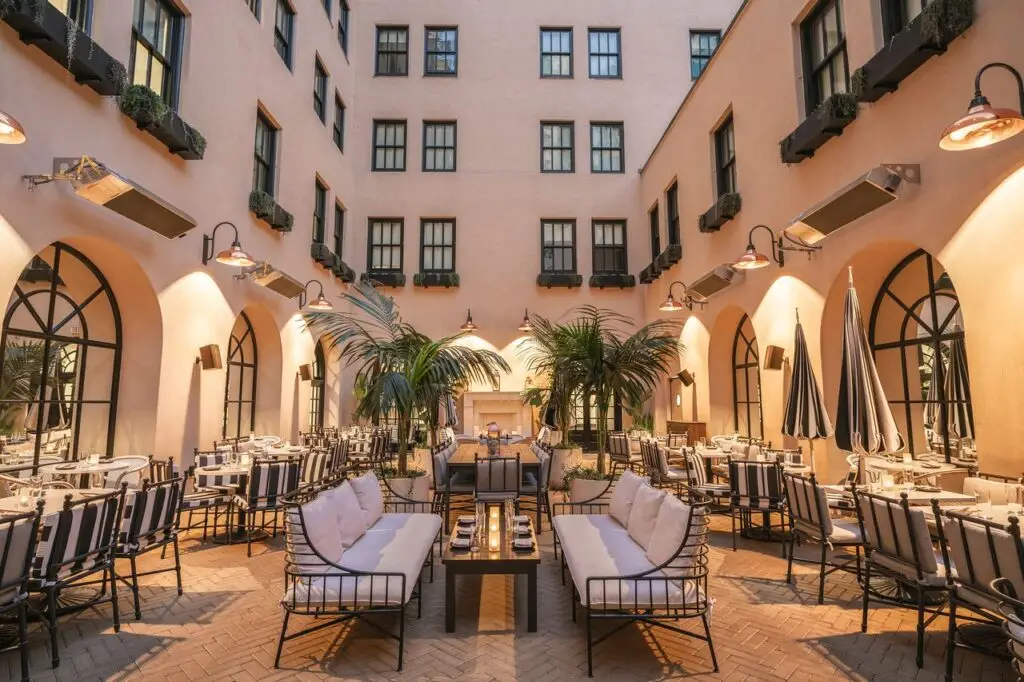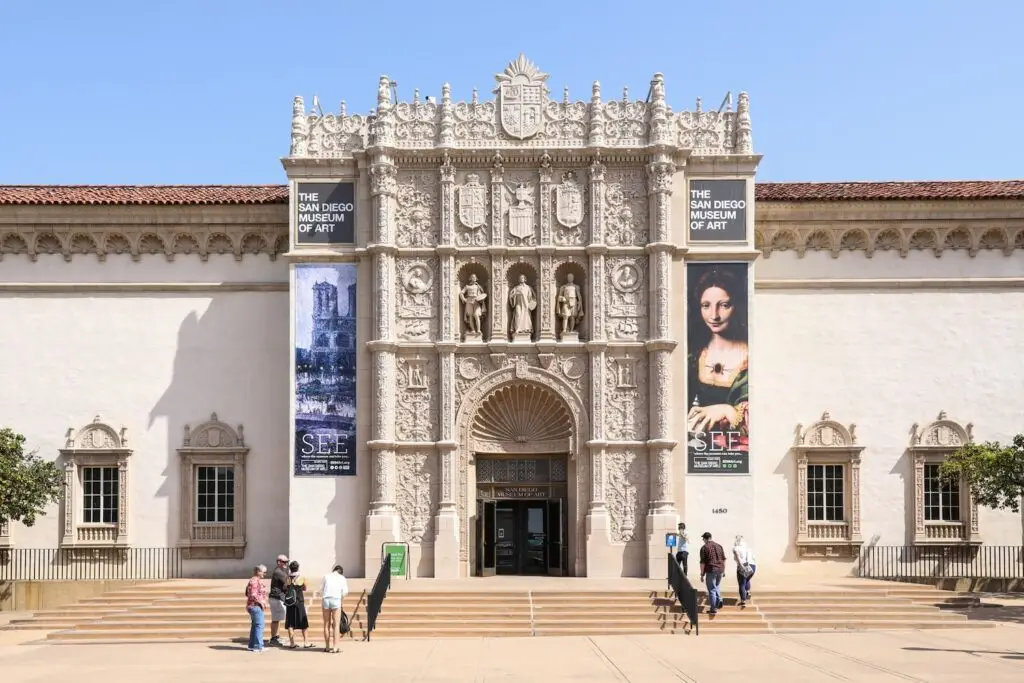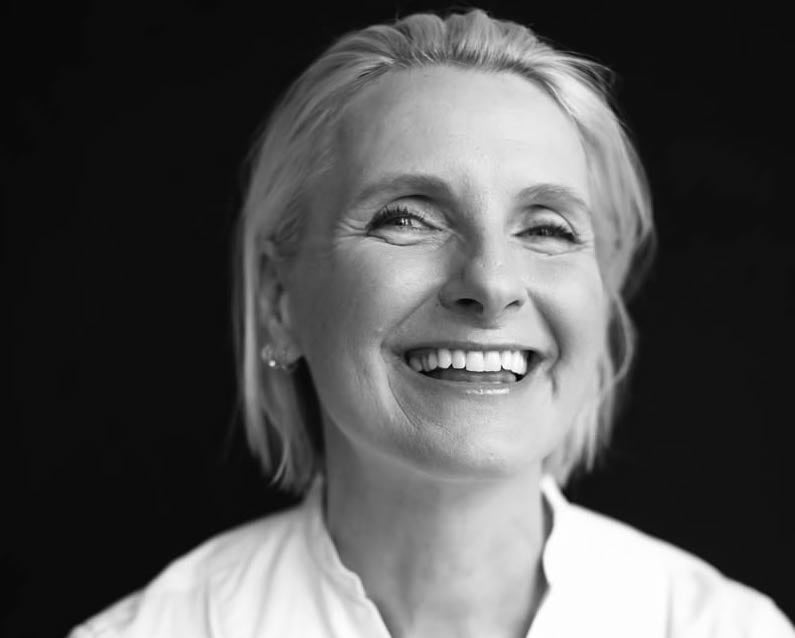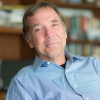If a writer can be a rockstar, American journalist and author Elizabeth Gilbert is that person. The # 1 New York Times bestselling author is most known for her memoir Eat, Pray, Love which has sold more than 12 million copies worldwide and was eventually turned into a movie. Over the years, she has spent her career writing about transformative experiences, relationships, and living a life guided by creativity, spirituality and love.
As a child growing up in rural Connecticut, Gilbert and her sister entertained themselves by writing stories and plays. By the time she was in college at New York University, she had established herself as a writer who was comfortable working on her own, not feeling the need for the available writing workshops and seminars.
Since those early days, she has written eight books, submitted countless freelance pieces, and delivered inspiring talks around the world. On February 22, she’s coming to the Balboa Theatre for Point Loma Nazarene University’s Writer Symposium by the Sea series in collaboration with San Diego Theatres. Her 45-minute lecture will include a 25-minute Q&A with Writer’s Symposium host Dr. Dean Nelson.
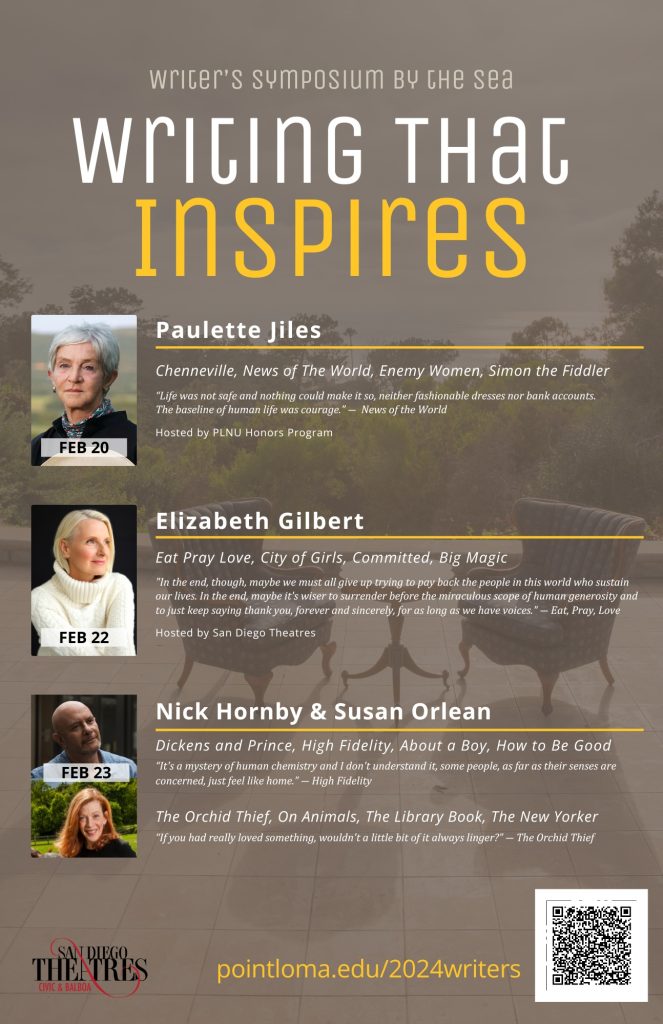
The symposium will also host Paulette Jiles (News of the World, Chenneville) on February 20 and Susan Orlean (The Orchid Thief, The Library Book) and Nick Hornby (High Fidelity, About a Boy) on February 23.
Ahead of the event, we chatted with Gilbert to learn more about what she loves about San Diego, how she spent the pandemic and what she’s reading these days.
Have you spent much time in San Diego? If so, what are your favorite places to visit? If not, what do you look forward to visiting?
The beach. Coming as I do from the northeast in February (I live in New Jersey) nothing could be more magical than getting to go to the beach and be barefoot, and to see pelicans and sometimes sea lions, and to eat tacos outdoors, and to watch surfers and imagine what it would be like to be them. (Don’t worry: I’m never going to take a surfing lesson, because waves scare me. I just like to imagine what it would be like to be them!)
The pandemic was a fruitful time for some writers and an awful time for others. How was it for you? You immersed yourself in writing a novel, correct?
I was incredibly fortunate for many reasons during the pandemic. Most of all, I was fortunate to be safe. Not everybody was so lucky. And I was also able to be completely alone in my house, and I am somebody who loves solitude. There is almost no amount of time and solitude that I think is too much time in solitude. This is where my creativity flourishes. So, yes, I did immerse myself in writing and also in my spiritual practices. It was a generative time for me. I kept hearing people say that it was a terrible time for humanity because we are “social animals” who need each other’s company in order to survive.
My feeling is that this is only partially true. Without a doubt we are social beings, and we need one another. But we are also spiritual beings—and we are also creative beings. And creativity and spirituality are realms in which solitude can be a great blessing. So I dove into that aspect of myself, and found reward.
You portray a passion for depth and personal growth; in these times of conflict locally and globally, how do you keep that passion and hope alive?
The more incoherent the outside world becomes, the more necessary it is to have interior coherence, otherwise we won’t be able to survive trying times. I see all the external division and strife as a call to action for me to focus evermore on finding within myself that which is not divided, and that which is not in strife.
When I was studying at the ashram in India, I was taught to go inward and to become but they called “the center of the wheel” rather than getting spun out in the chaos. And when I can sit in stillness at the center of the wheel, I can find compassion not only for myself but for those who are spinning. Sometimes I think this is the greatest contribution we can offer. Staying away from social media as much as possible, of course, helps.
Do you have a favorite book that you’ve written?
I will always be grateful to Eat, Pray, Love for what it brought to me and to so many (mostly women) readers, which was a sense of both freedom and great, wild permission. But my favorite book I’ve ever written has been the novel The Signature of All Things. I still think it’s a better book than I am capable of writing. There must’ve been some external magic involved.
PARTNER CONTENT
What are you reading these days?
I loved The Body Liberation Project by Chrissy King. And the memoir How to Say Babylon by Safiya Sinclair about her Rastafarian upbringing in Jamaica is exquisite, powerful, and amazing.
This post contains affiliate links to products and services. We may receive compensation when you click on links.

